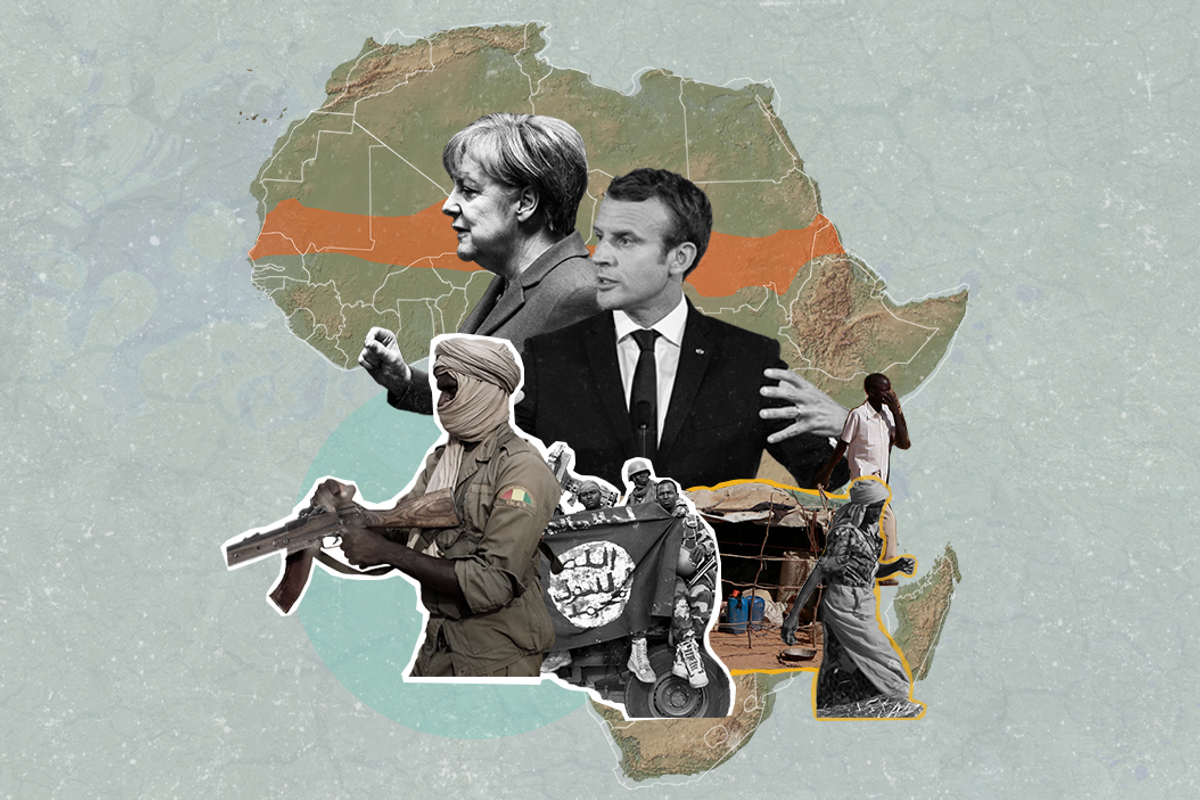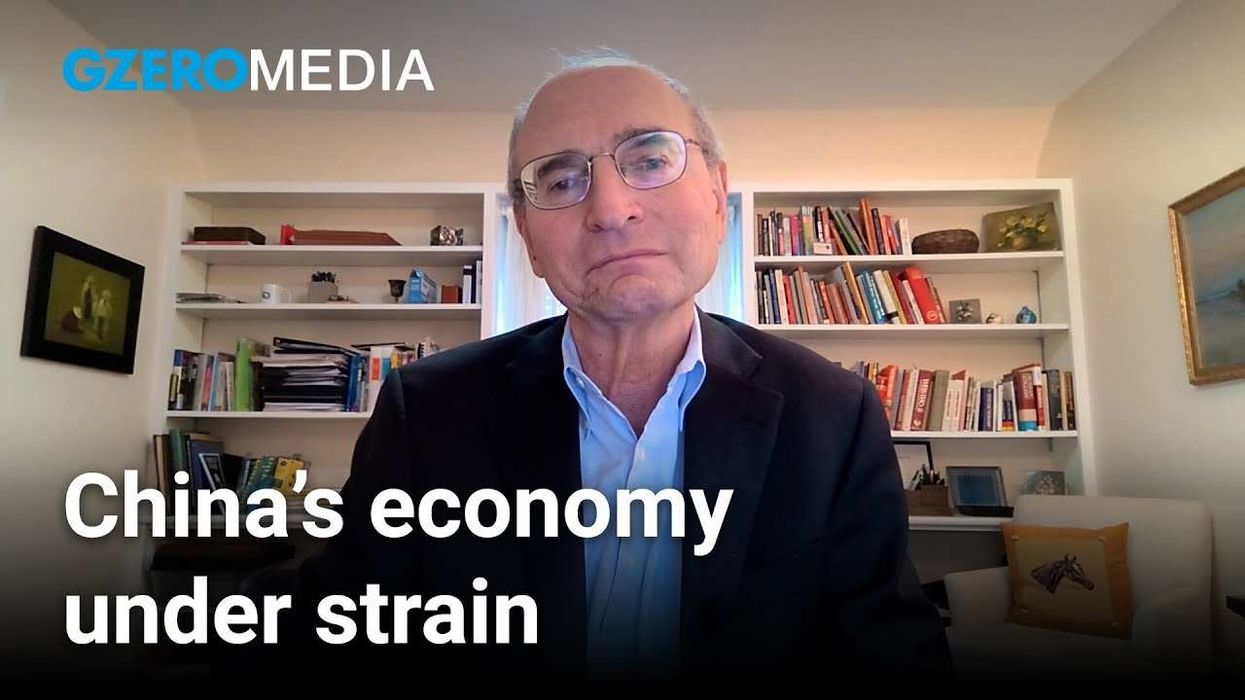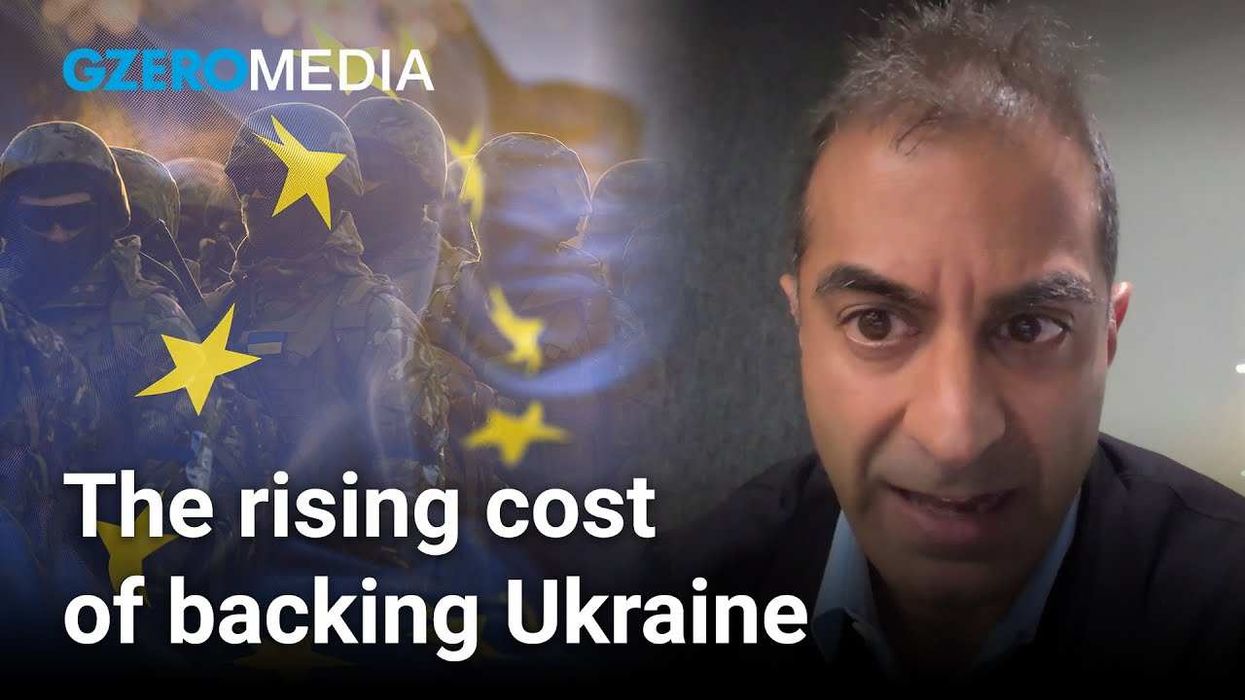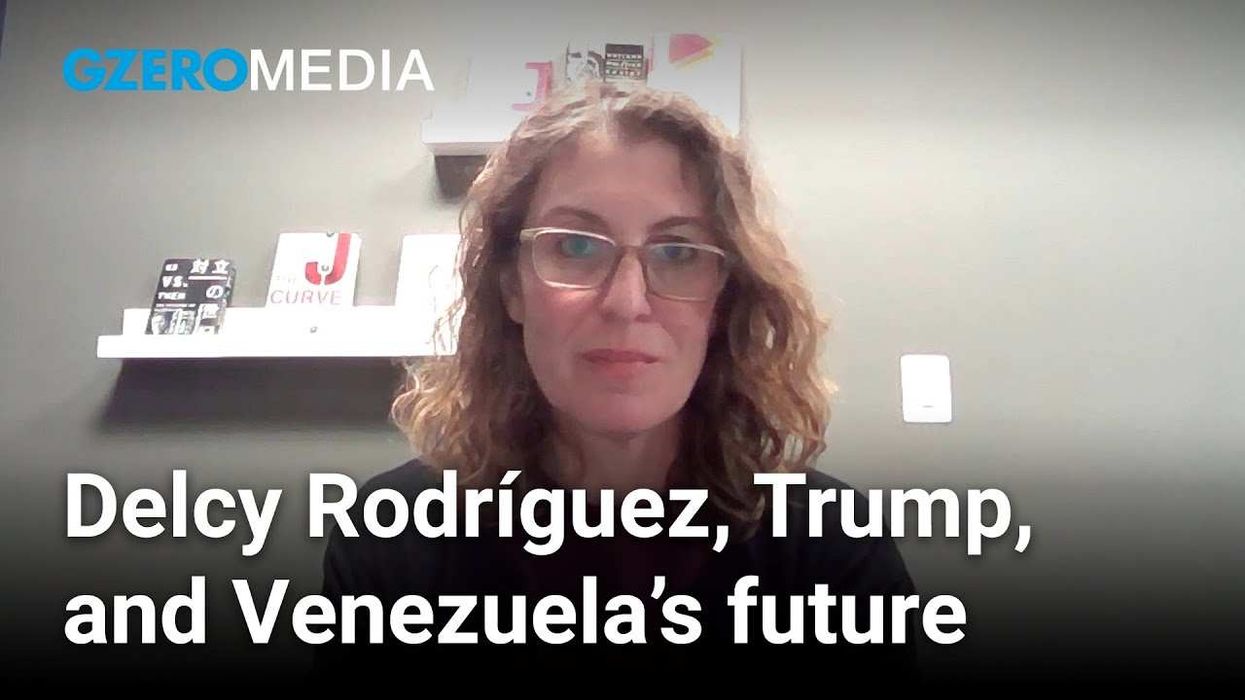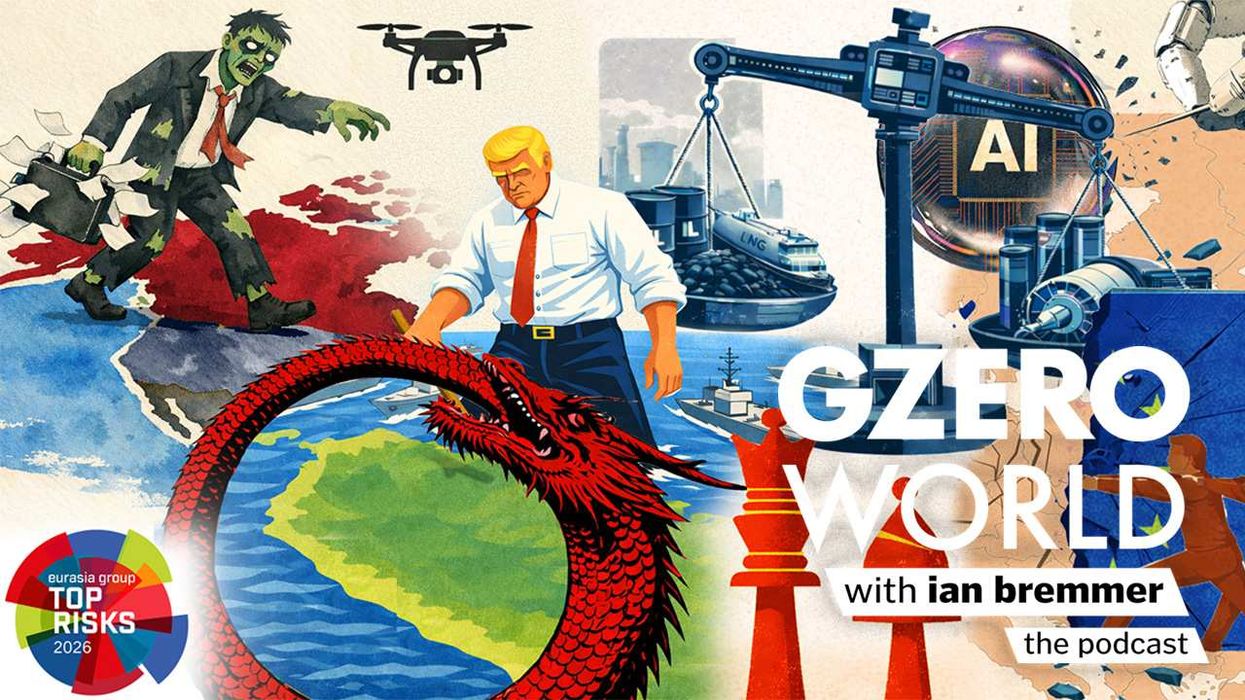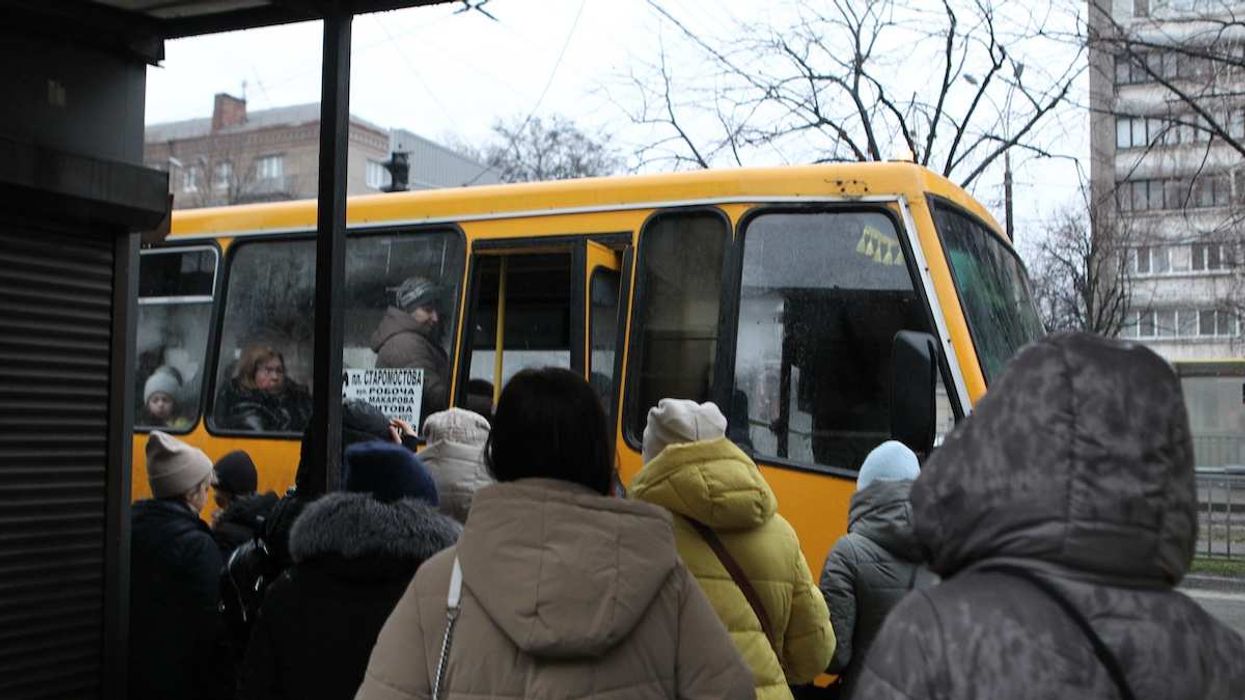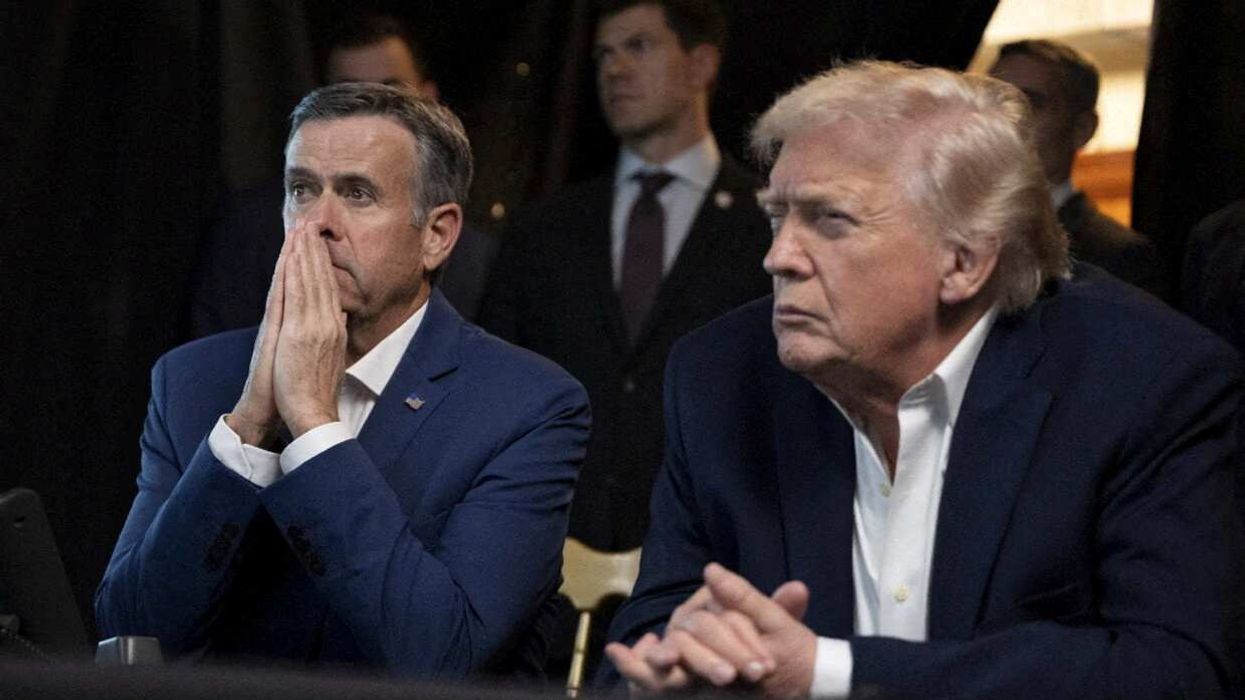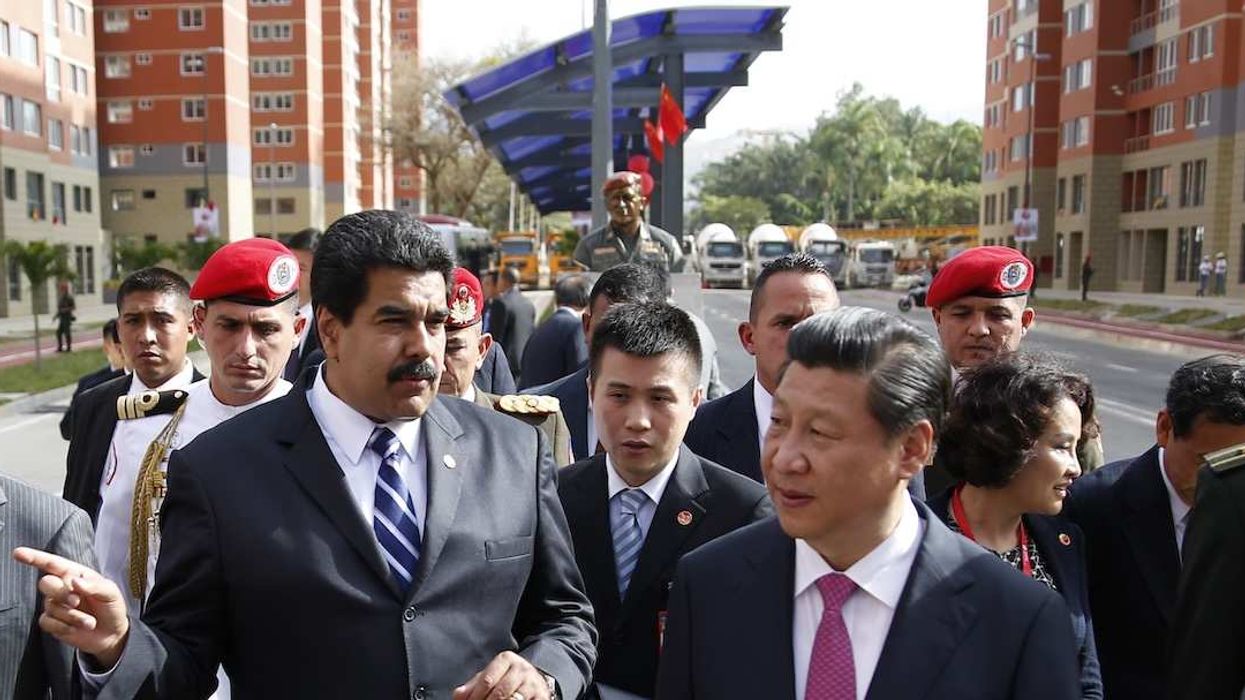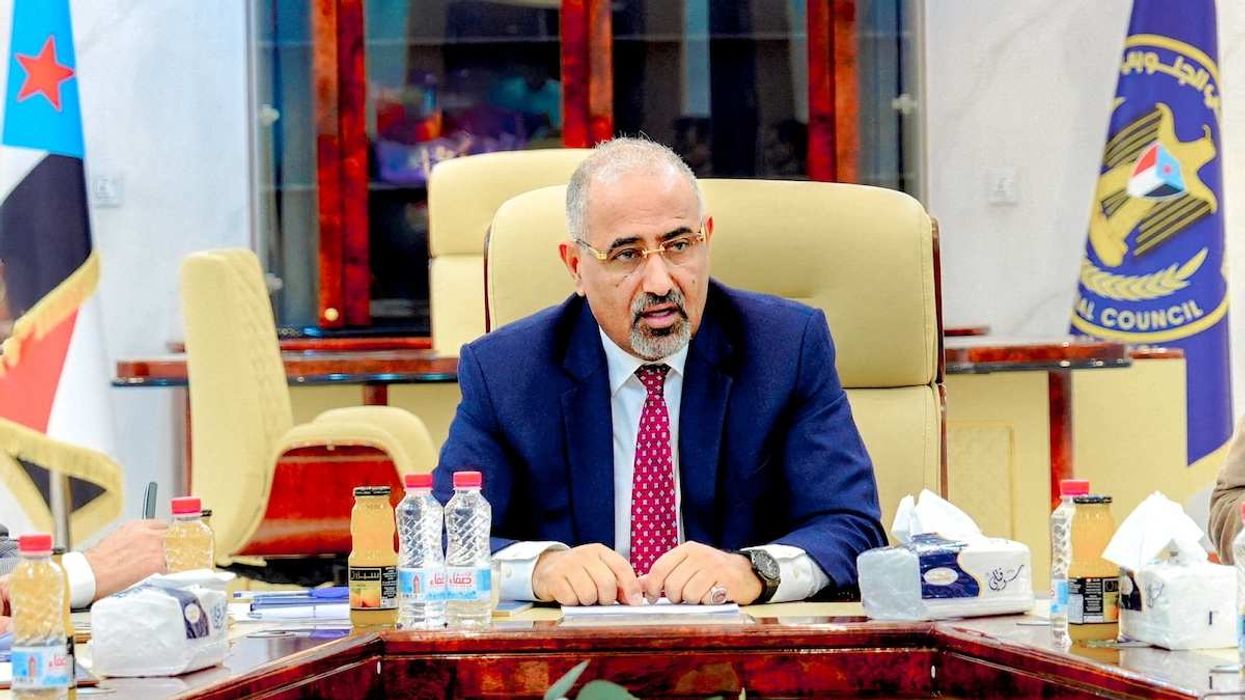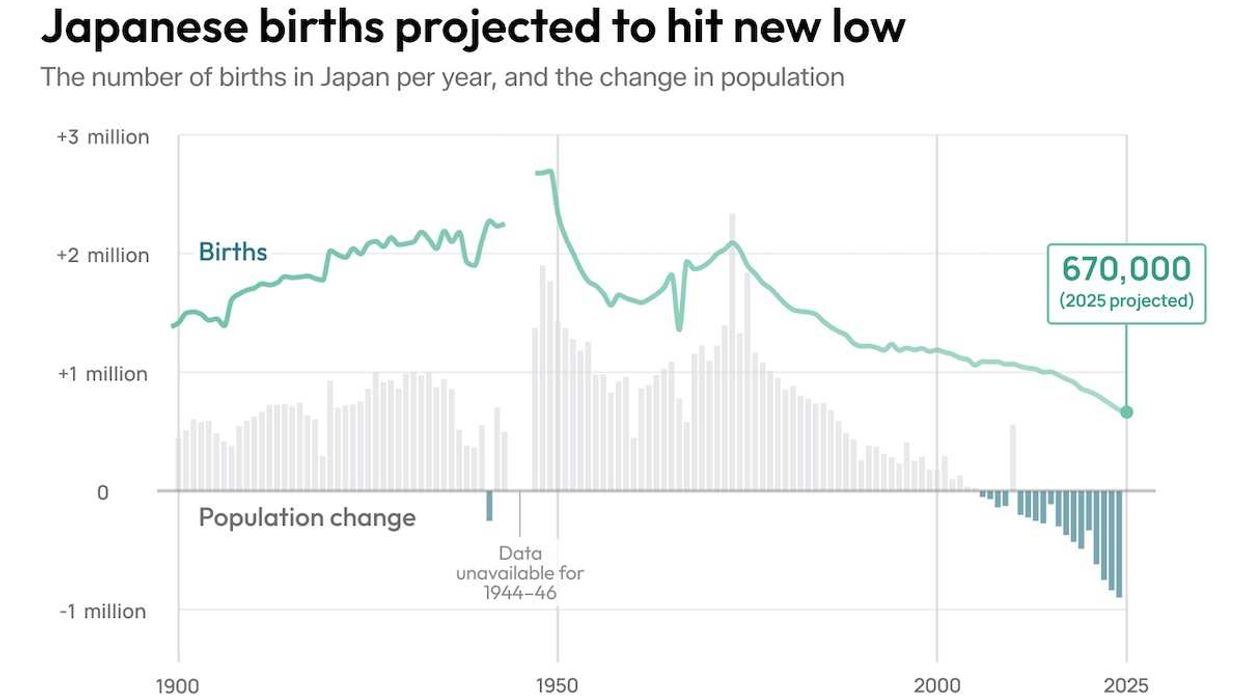1 billion: International donors pledged around $1 billion to help three Sahel countries (Mali, Niger, and Burkina Faso) address humanitarian crises exacerbated by extremist violence and the socioeconomic impacts of COVID-19. The UN warns that without more assistance, the conflict-ridden region in sub-Saharan Africa "could see an irreversible slide into chaos."
64: Sixty-four percent of American adults say social media is having a negative impact on the way things are going in the country, according to a Pew study. Most people who said so cited misinformation, hate, and harassment as the main reasons for their pessimism.
15 trillion: President Xi Jinping's goal of making China fully carbon-neutral by 2060 will cost the government at least $15 trillion, according to an estimate by the Boston Consulting Group. To meet the net-zero deadline, China will have to go well beyond the emissions reductions it has committed to as part of the 2015 Paris Agreement on climate change.
15: An 81-year-old Black man in Tunisia won a landmark court ruling to have his middle name, "ateeq" (which means "the descendent of slaves") dropped from his official records. Tunisia officially abolished slavery in 1846, but Black Tunisians — who make up about 15 percent of the country's population — say they are still discriminated against and denied job opportunities because of systemic racism.